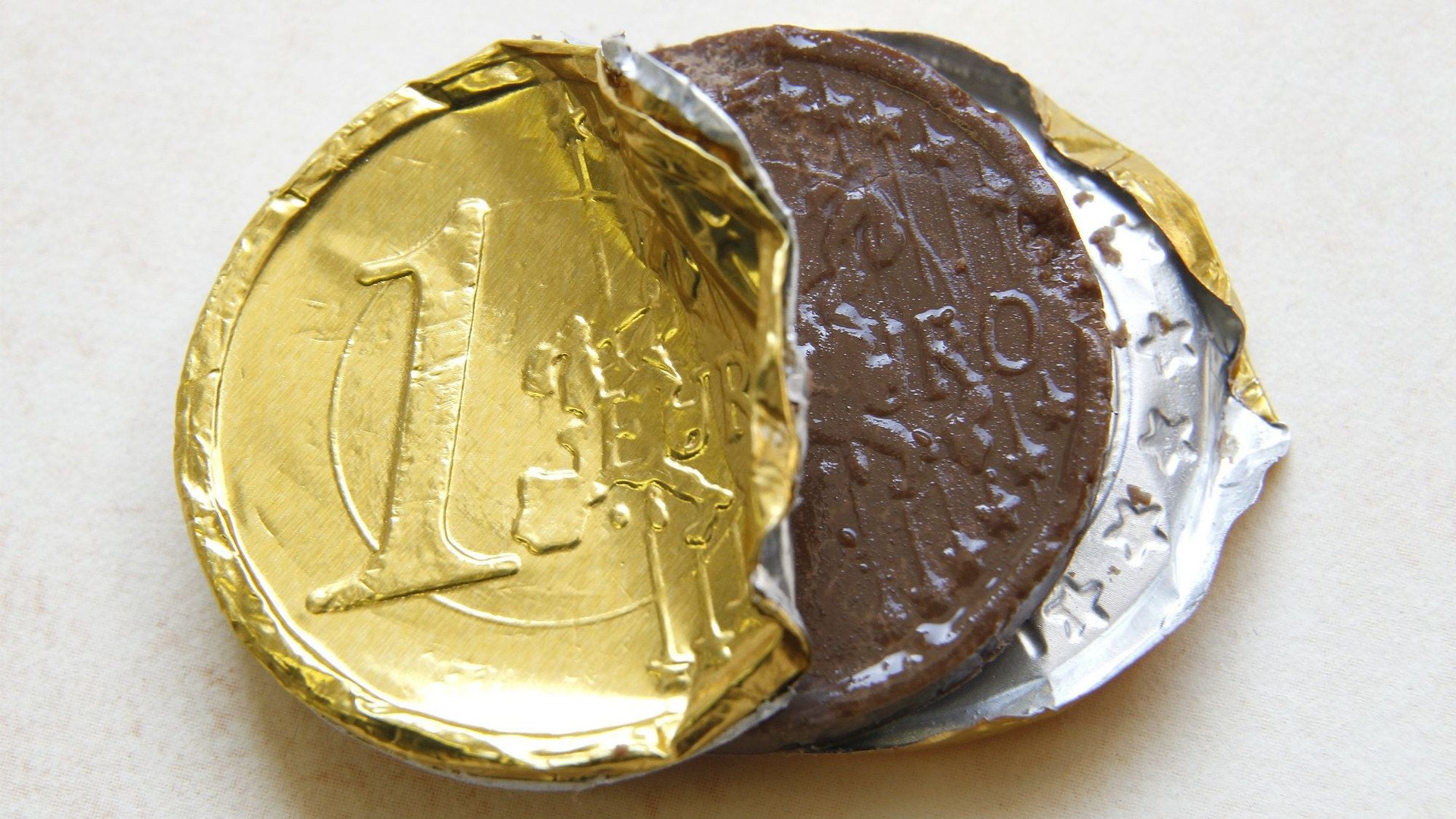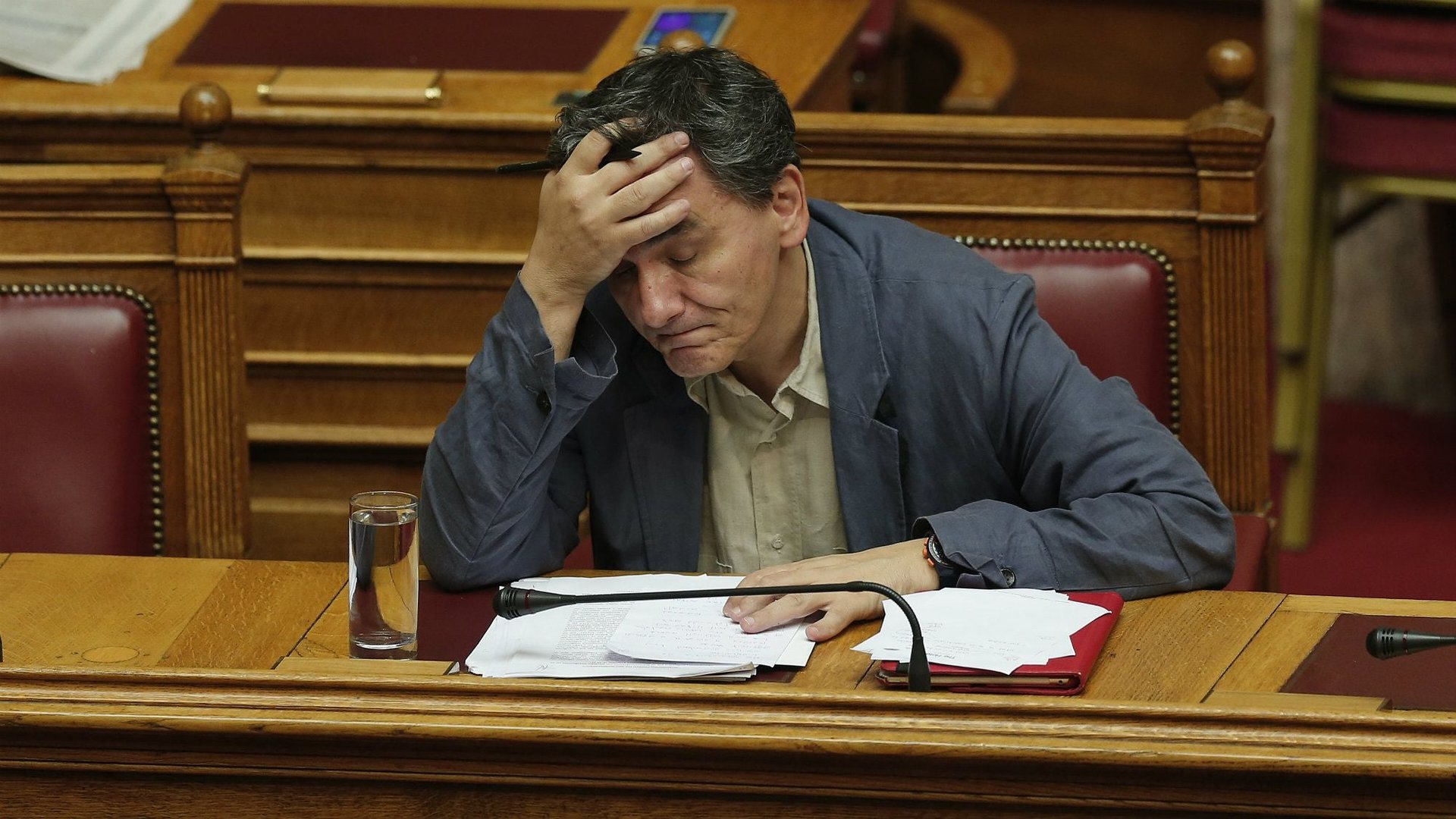Can Europe fudge its way out of Greece’s financial mess? Don’t bet against it
Never underestimate Europe’s capacity for compromise. Throughout the region’s wrenching debt crisis, leaders from the EU, euro zone, and related institutions have shown an extraordinary ability to fudge the big decisions.


Never underestimate Europe’s capacity for compromise. Throughout the region’s wrenching debt crisis, leaders from the EU, euro zone, and related institutions have shown an extraordinary ability to fudge the big decisions.
This muddle-through strategy is hardly inspiring stuff, but it’s (just) enough to get the job done. And at no time have eurocrats’ fudge-making skills been tested more severely than during Greece’s standoff over a new bailout deal. Consider the following:
- Greek prime minister Alexis Tsipras is relying on the support of opposition parties to ram a series of austerity measures through parliament at the behest of creditors. Some of his cabinet ministers have resigned in protest, while other party stalwarts have dubbed the proposed deal a humiliation, a coup, and a new Treaty of Versailles. Tsipras himself admits that he is “signing a text that I do not believe in, but that I am obliged to implement.”
- The IMF says (pdf) that Greece’s overwhelming debts, which will soon balloon to 200% of GDP, can be made sustainable only with ”relief measures that go far beyond what Europe has been willing to consider so far.” For their part, European creditors’ own internal assessment (pdf) admits a “very substantial re-profiling” of debt is acceptable “once the commitments to reform from the Greek authorities has been demonstrated” (good luck with that—see above).
- Tsipras fought hard—and unsuccessfully—to exclude the IMF from a new Greek bailout program, deriding the fund as the architects of his country’s austerity-driven misery. But now the IMF is Greece’s strongest ally on debt relief, a crucial demand from Athens, and vows it won’t participate in a new program without it. Meanwhile, Germany, one of the staunchest opponents of debt restructuring, is adamant that it won’t contribute to another bailout unless the IMF is involved.
- With Greece facing billions of euros of loan repayments in the coming weeks, European officials are scrambling to come up with short-term funds to tide it over before a new multi-year bailout deal is agreed. The European Commission wants to tap a dormant pan-EU bailout fund for a €7 billion ($7.7 billion) loan that would put non-euro zone states on the hook for the Greece rescue. Britain thought it nixed this possibility years ago, but a narrow, legalistic reading of that agreement may give the commission wiggle room to release the funds regardless (pdf).

The contradictions, provocations, and twisted logic above are enough to make your head spin. And yet, time and again, Europe has defied the “this time it’s different” crowd. On the edge of the abyss, at the eleventh hour, a solution is devised to avert disaster (but give little cause to celebrate). The EU, euro zone, and related institutions did not emerge by chance, and for political, economic, and emotional reasons they won’t be dismantled so easily—or quickly, since nothing in Europe ever moves that fast.
Of course, one cannot just blithely rely on eurocrats to keep on keeping on indefinitely. After all, short-term fixes can generate bigger long-term problems that even the most clever compromises can’t solve. But the fact remains that “Grexit” (a Greek exit from the euro zone) remains far more costly—for all involved—than muddling through another round of bailouts and bickering.
Greek politicians are holding their noses and pledging to vote across party lines to keep a bailout deal alive. German chancellor Angela Merkel has ruled out a “classic haircut“ on Greek debt, but that leaves plenty of other varieties to choose from. The commission’s creativity in scrounging for a bridge loan is bureaucracy at its most desperate, and innovative.
There are valid reasons to believe that Greece is capable of rapid reforms and that Germany was the one that made the biggest compromise in backing another Greek bailout (paywall). Heck, some are even bravely spelling out a bullish case for Greek economic growth. For what it’s worth, betting markets recently slashed the probability of Grexit to less than 10%.
The frenzied fudge-making activity in recent days suggests that leaders could be cooking up the biggest batch the continent has ever seen.